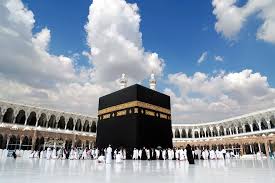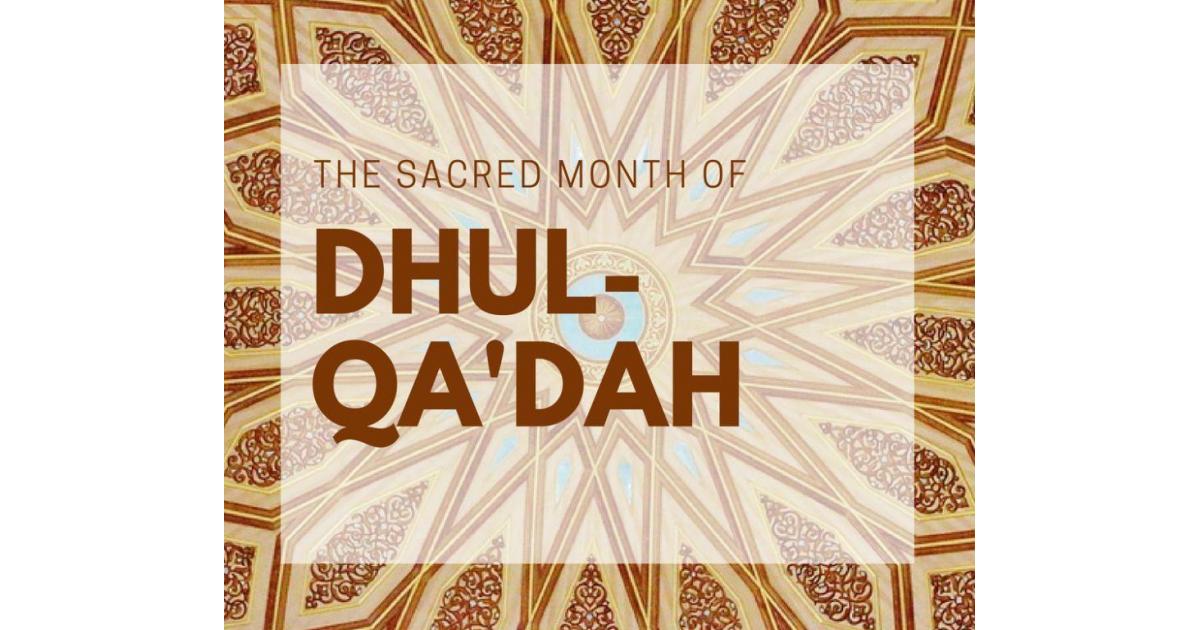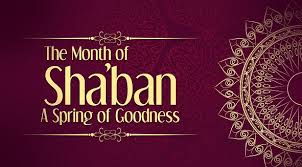Shawwal, the tenth month of the Islamic lunar calendar, holds significant value in Islam. This month follows the holy month of Ramadan and is known for various religious and cultural practices. Let’s delve into the essence of Shawwal, its importance, and the traditions observed by Muslims around the world.
What is the Significance of the Month of Shawwal?
Shawwal carries profound spiritual significance. It marks the end of Ramadan, a month dedicated to fasting, prayer, and reflection. The first day of Shaww’al is celebrated as Eid al-Fitr, a major Islamic festival. This month is a time for Muslims to continue their devotion and to engage in various acts of worship.
When is Shawwal?
Shawwal begins immediately after the end of Ramadan, starting on the first day of Eid al-Fitr. The exact date varies each year based on the lunar calendar and the sighting of the moon. It typically falls 29 or 30 days after the start of Ramadan.
What is the Significance of Shawwal?
Shawwal signifies renewal and celebration. It is a time to give thanks for the strength to complete the fast of Ramadan. The month encourages Muslims to maintain the spiritual momentum gained during Ramadan. It also offers a unique opportunity for additional worship and charity.
Important Events During This Month
Eid al-Fitr: The most significant event in Shaww’al is Eid al-Fitr. This festival marks the end of fasting and is a day of joy and gratitude. Muslims gather for communal prayers, enjoy festive meals, and give zakat al-fitr (charitable donations) to those in need.
Six Days of Fasting: Fasting six days in Shaww’al, known as the “Six Days of Shawwal,” is highly recommended. This practice is believed to offer the rewards of a whole year of fasting.
Fasting in the Month of Shawwal
Fasting during Shaww’al holds special merit. According to Islamic tradition, fasting six days in this month, combined with the fast of Ramadan, brings the spiritual reward of fasting for an entire year. This practice is a way to continue the discipline and devotion established during Ramadan.
Acts of Worship in Shawwal
Shawwal encourages various acts of worship, including:
- Fasting: Besides the six recommended days, many choose to fast on Mondays and Thursdays.
- Prayer: Performing extra prayers, particularly at night, enhances spiritual growth.
- Charity: Giving to those in need is highly emphasized.
- Qur’an Recitation: Continuing to read and reflect on the Qur’an remains important.
Donate to Muslim Aid
Charitable giving is a cornerstone of Islamic practice, especially in Shaww’al. Donating to organizations like Muslim Aid can make a significant impact. Your contributions help support education, healthcare, and emergency relief for those in need around the world.
When Does Shawwal Begin and End
Shawwal begins with the sighting of the new moon after Ramadan and lasts for 29 or 30 days, depending on the lunar calendar. Muslims around the world observe this month by participating in various religious and cultural activities.
The Virtue of Six Days of Fasting in Shawwal
Fasting six days in Shawwal is highly virtuous. The Prophet Muhammad (peace be upon him) said that fasting these days, in addition to Ramadan, brings the reward of fasting for a lifetime. This practice reflects commitment to faith and enhances spiritual well-being.
Q: Can I fast the FAQs
- six days of Shawwal non-consecutively?
A: Yes, the six days can be fasted consecutively or separately throughout the month.
- Q: Do I need to make up missed Ramadan fasts before fasting in Shawwal?
A: It’s preferable to make up missed Ramadan fasts first, but you can also fast the six days of Shaww’al afterwards.
- Q: Is fasting in Shawwal obligatory?
A: No, fasting in Shawwal is not obligatory but highly recommended for additional spiritual rewards.
- Q: What other acts of worship can I perform in Shawwal?
A: Besides fasting, you can engage in extra prayers, Qur’an recitation, and charity.
- Q: How is Eid al-Fitr celebrated?
A: Eid al-Fitr is celebrated with communal prayers, festive meals, and giving zakat al-fitr to the less fortunate.
Conclusion
Shawwal is a month of reflection, gratitude, and continued devotion. It offers Muslims the chance to maintain the spiritual gains from Ramadan and engage in additional acts of worship. Observing the six days of fasting, participating in Eid al-Fitr celebrations, and committing to charitable acts are ways to maximize the blessings of this sacred month.
Call to Action: Embrace the spirit of Shaww’al by engaging in acts of worship, giving to those in need, and reflecting on the blessings received. Consider donating to organizations like Muslim Aid to support their efforts in providing relief and assistance to vulnerable communities.




